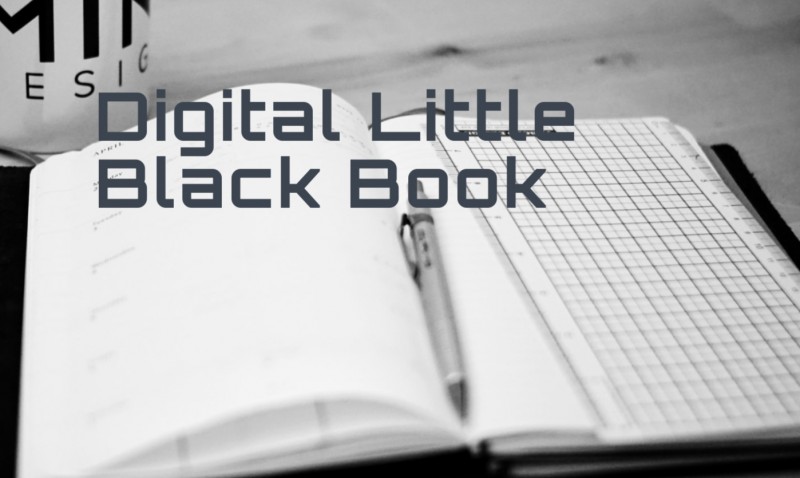Right up front, I apologize. This topic may seem dark, especially because of what we’re going through with COVID-19. However, when you die, will you leave your heirs the task of dealing with your digital assets? Or will you prepare a document—a little black book that will help them?
Digital assets could include:
- Passwords
- Email addresses
- Online accounts
- Automatic payments
- Online medical records
- Financial accounts and those handling them like brokers, etc.
- Medical and Social Security access and other login credentials
- Social Security, Medicare, insurance, etc.
- PINS or passwords for your phone, laptop, tablet, security system, etc.
The document should be kept in a safe place. That can be a physical location or a digital one. But your heirs or executors need to know where it is held. And I recommend you review it with them, so they understand what’s there. They may want things added to it or explained in more detail.
It also needs to be kept current. For example, when the master password for your password vault changes, the little black book needs to be updated. When you change the electric bill to auto-pay, the black book needs to reflect that change.
In my case, my password vault application allows me to assign multiple people to be given access to it when I pass. They know they have been given that access and my wife uses the same application as I do.
As you depend more on technology, the importance of having this information for those that remain increases. I know it can be as troubling as a standard, but your heirs will appreciate it–and that always has value.
Jarren Ringle is a member of SourcePoint and a volunteer instructor. He teaches various technology classes throughout the year. Jarren also volunteers at the Delaware County Office of Homeland Security and Emergency Management. With many years of project management experience in various technology fields, he enjoys helping others with technology.

